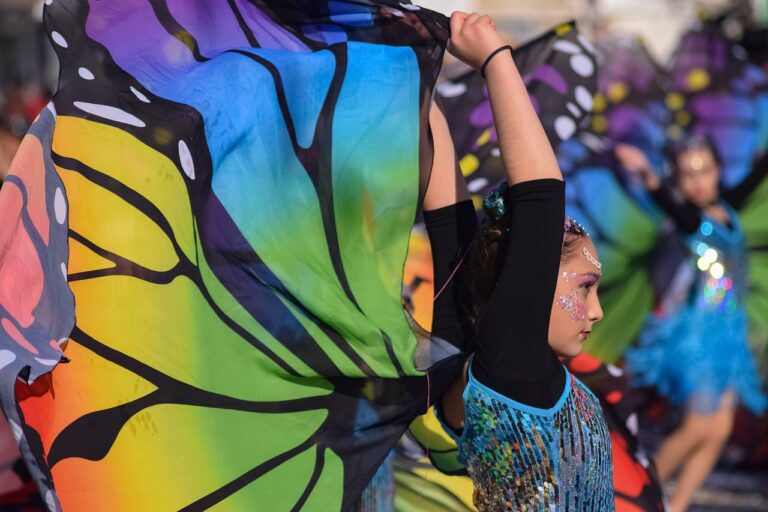Gender Representation in Video Game Development
Women in the video game industry often encounter gender-based discrimination and bias, which can hinder their career advancement and opportunities for growth. In many cases, women may face stereotypes and prejudices that undermine their skills and expertise, leading to unequal treatment and lack of recognition for their contributions. This marginalization can create a hostile work environment that makes it challenging for women to thrive in the male-dominated industry.
Moreover, women often struggle to break into leadership positions within video game development teams, as they are frequently overlooked for promotions and leadership roles. This lack of representation at the top levels of decision-making can perpetuate gender disparities and inhibit the creation of inclusive and diverse game content. Without adequate support and opportunities for women to excel in the industry, the potential for innovation and creativity in video game development remains limited.
Gender Disparities in Video Game Development Teams
The video game development industry has long been criticized for its lack of gender diversity in teams. With a predominantly male-dominated workforce, women often find themselves outnumbered and facing various challenges. These disparities can impact not only the dynamic within the team but also the types of games being created.
Research has shown that gender disparities in video game development teams can lead to a lack of diverse perspectives and ideas. When teams are not representative of a variety of backgrounds and experiences, the resulting games may fail to resonate with a broader audience. Additionally, the unequal distribution of power and influence within these teams can further marginalize women and limit their opportunities for career advancement in the industry.
Impact of Gender Stereotypes on Video Game Characters
Gender stereotypes play a significant role in shaping the portrayal of characters in video games. Female characters are often depicted as damsels in distress, overly sexualized, or relegated to supporting roles. These stereotypes can reinforce harmful societal norms and perceptions, limiting the diversity of representation within video games.
Moreover, the perpetuation of gender stereotypes in video game characters can have a lasting impact on players, especially on how they view and interact with female characters. When female characters are consistently portrayed in a certain way, it can influence players’ attitudes towards women both in the virtual world and in real life. This has led to calls for more diverse and empowering representations of women in video games to combat these harmful stereotypes.
Gender stereotypes in video games often portray female characters as:
? Damsels in distress
? Overly sexualized
? Relegated to supporting roles
These stereotypes can reinforce harmful societal norms and perceptions, limiting diversity of representation within video games.
The perpetuation of gender stereotypes in video game characters can impact players’ views and interactions with female characters.
Consistent portrayal of female characters in a certain way can influence attitudes towards women both virtually and in real life.
Calls for more diverse and empowering representations of women in video games have been made to combat harmful stereotypes.
What are some common challenges faced by women in the video game industry?
Women in the video game industry often face challenges such as gender discrimination, lack of representation, and unequal opportunities for advancement.
How do gender disparities manifest in video game development teams?
Gender disparities in video game development teams can manifest in unequal pay, lack of female representation in leadership roles, and a male-dominated work culture.
How do gender stereotypes impact video game characters?
Gender stereotypes can influence the design and portrayal of video game characters, often resulting in limited, unrealistic, or overly sexualized representations of women.
What can be done to address the impact of gender stereotypes on video game characters?
To address the impact of gender stereotypes on video game characters, it is important for developers to promote diversity and inclusion, challenge traditional gender norms, and create more balanced and empowering representations of both male and female characters.







